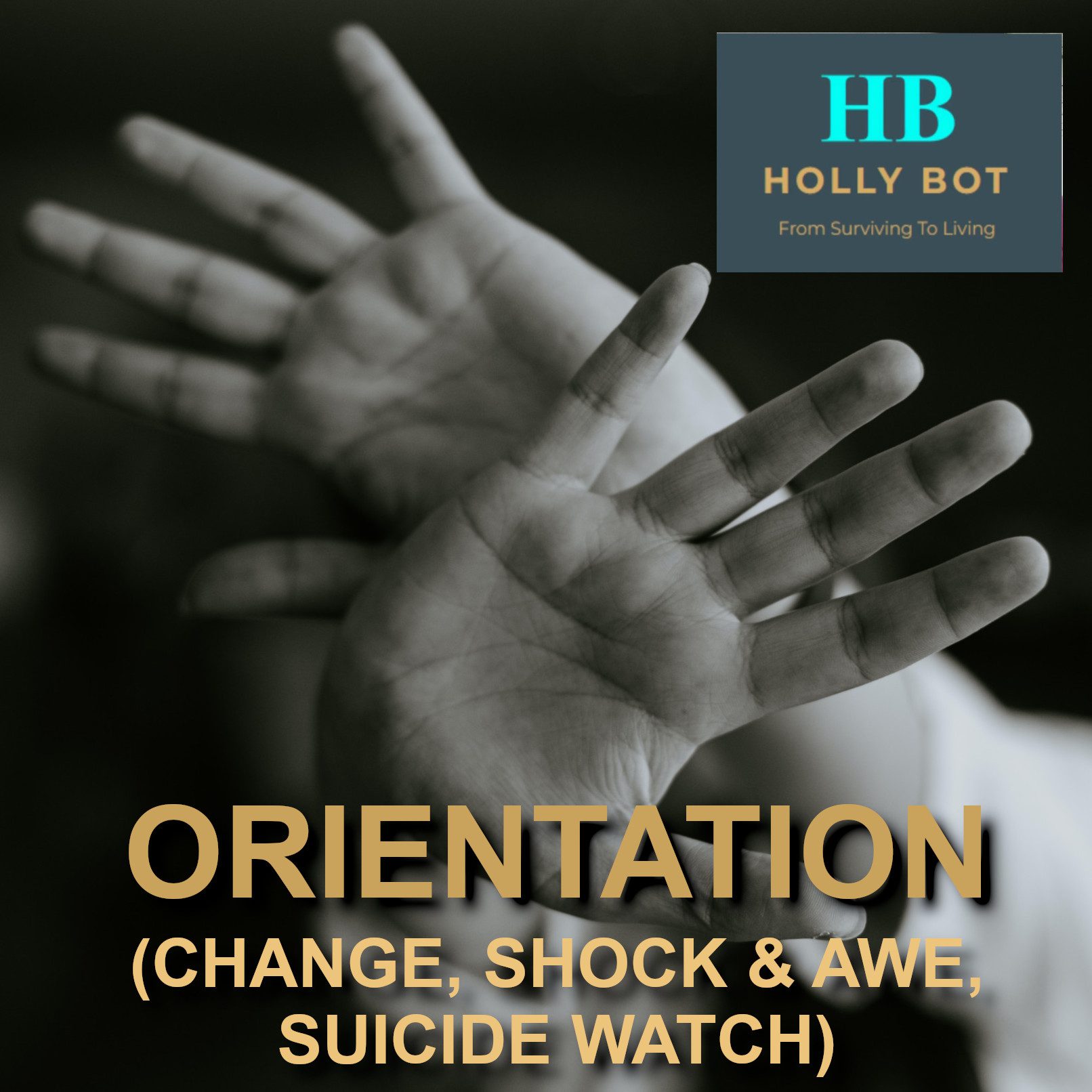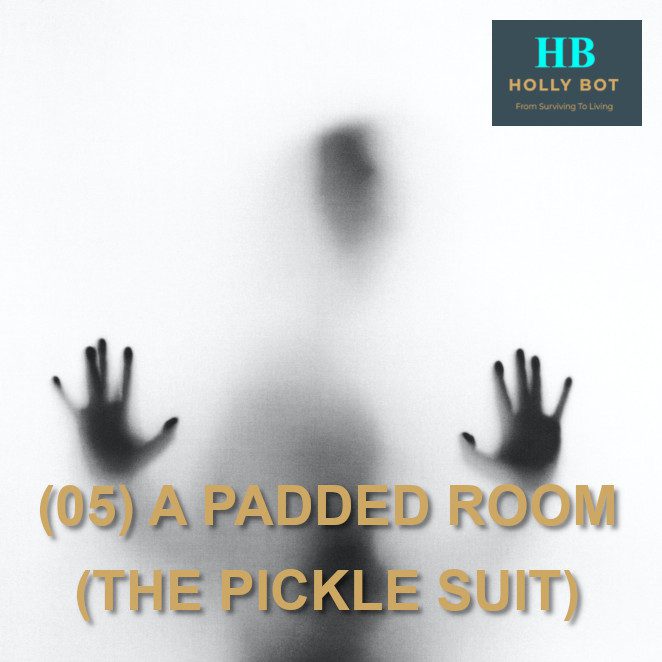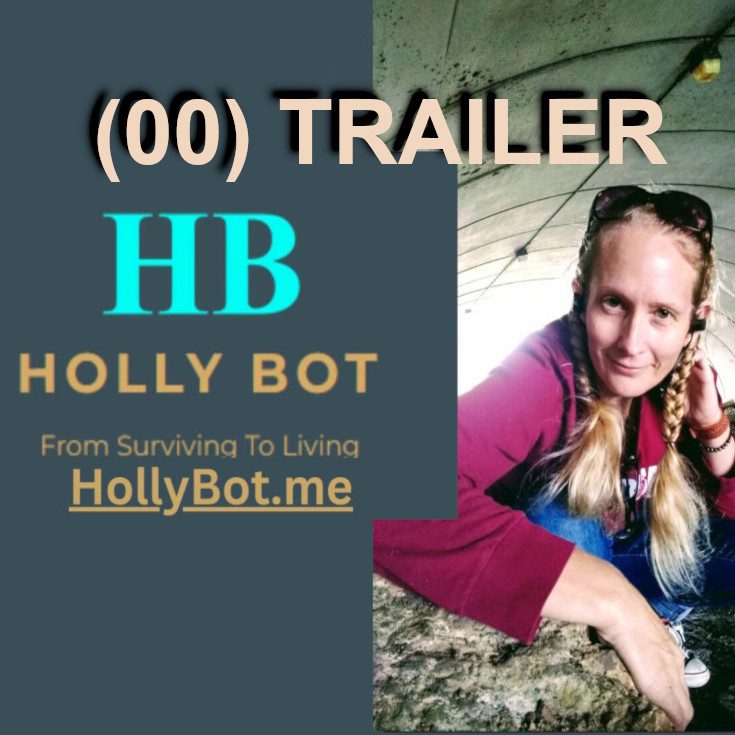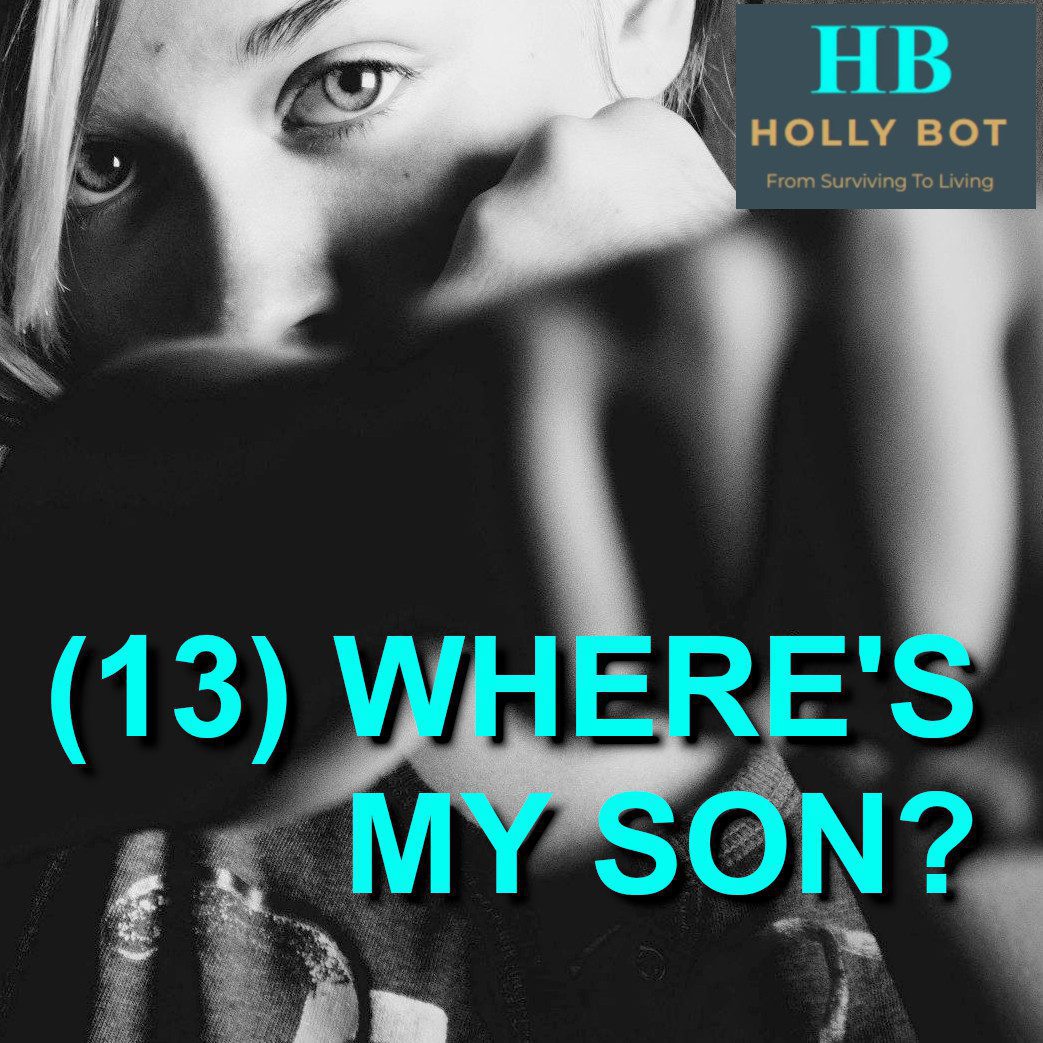(12) LAST CALL: Abuse, Alienation, and Spiritual Growth
Description
Discover extra content in the blog post Last Call!!
It was spring 2014 and I found myself trying to adjust to a new normal, again. My youngest son had been put in foster care the previous fall, taken from my husband due to neglect and abuse. I struggled to navigate the legal system and social services from inside prison walls. Each time I found myself experiencing hope, it would be crushed by a new pain.
I didn’t know it, but this would be the last year I would have contact with my daughter, my husband lashing out in anger to destroy my relationship with her. Are you struggling with co-parenting or worse, parental alienation? This is a difficult episode to share, a difficult episode to listen to, but there is hope! This is another step in my journey towards lasting spiritual growth and transformation. Join me!
TRANSCRIPT
Have you experienced emotional abuse, legal system challenges or parental alienation? Are you hurting and in need of real help?
In 2014 I was three years into my 8 year prison sentence. I would face all of these painful issues and more as I sought to remain connected to my family. Discover with me the secret of peace in any circumstance, and the issues that stand in our way.
While this episode discusses difficult subjects, it points us to real hope for our future. Listen until the end – you won’t want to miss a word. This is Last Call.
“Mommy? Do you still love us?” Vivi’s little voice sang out across the phone lines. It was the summer of 2014. Timmy, under supervision of Child Protective Services, was in foster care. My heart ached as each month new reports from Social Services arrived documenting their life.
“Yes I do, Vivi!” I answered, surprised at her question.
“I thought so,” she mused. “Brian visited and said you didn’t love us anymore, but I thought, ‘That can’t be true, or why would you send me new bracelets you made every week?’”
Brian was Timmy’s social worker. Pride over Vivi’s critical thinking skills was drowned by outrage at Brian. How could any adult tell children their mother doesn’t love them anymore? I was shocked.
“Vivi, I am so proud of you! You are so smart and I love you so much, yes I do. Thank you for asking me that question,” I reassured her. Privately I wondered how to stick it to Brian.
Have you ever been confronted with uncomfortable questions at an unexpected moment? Have you ever wanted to resolve a painful issue but felt unsure how to proceed? Do you struggle with conflict in relationships today?
I’d been incarcerated for 3 years and called my children daily.
“Do you know why I answer the phone for you?” My husband snarled one afternoon. I did not know. We rarely spoke. My husband’s phone was my only connection to our young children. I called and usually they would answer. Occasionally my husband would answer silently, passing the phone over.
I paid for all phone calls, so money was not on his mind. He didn’t wait for my response as he rushed on, “I answer this phone for you because our sons are old enough to remember you. They would be mad at me if I didn’t.” He sucked in a breath. “They want to talk to you,” he spit out angrily.
Eerily his voice dropped, a man finding control. His next question was almost sing song, “But you know what?” This time he waited for my response. Frozen, I didn’t answer. I was almost afraid to. He snickered into the silence. Feeling more powerful he pressed, “Vivi was only 4 years old when you went to prison. Too young to remember you. It’s my mission to make her hate you as much as I do!” His voice had risen in volume as he spoke, ending at a near shout, shaking with hatred.
I listened horrified, disbelieving. He swallowed a hysteric, manic giggle, continuing. “If I can’t make her hate you, I’ll make her forget you completely!!” He erupted into laughter.
My husband was expressing intentional harm, describing a world without gravity, earth without a sun, things that do not happen. I said something stupid, “But that’s wrong!”
Laughter roared out of the phone. “I know! It’s great!” He waited for me to respond. Speechless again I said nothing. A minute then, instantly calm he hissed, “And no one’s going to stop me.” Click.
Prior to incarceration my family attended church together occasionally. I remember one sermon the pastor told this story: “I asked my wife to name something I could do to make her feel more loved. She answered, ‘Say I love you more.’
“For the next year,” the pastor continued, “ I said ‘I love you,’ more often. The following year I asked her again, ‘Name one thing I can do to make you feel more loved.’
She responded again, ‘Say I love you more.’ The pastor finished his story saying “I was flabbergasted! I knew I had already said ‘I love you’ more than she had. Yet she still wanted it more.”
This story stuck with me and I determined to ask my children this question often. They would usually answer with a shrug or a smile, unsure what to ask for. In June 2014 Tim’s answer was specific. Lonely, in foster care 6 months, he replied – “Mom, write me more letters, write me three times a week. Three times a week!”
Tim’s foster care status made phone calls to him more expensive. Now I struggled to afford 2 or 3 calls with him a month. I agonized over this situation. I worked as a janitor and wanted a better paying job but feared failure. I was learning that consequences here for even minor things were serious. Guards joked to each other about subjecting inmates to “shock and awe.”
My parents were sympathetic. They discussed the matter with their church. The end of July my hopes soared. I was offered a more flexible job with slightly better pay and my parent’s church also agreed to help me afford more phone calls with Tim.
Relief and happiness flooded through me as I shared this good news with Tim’s caseworker Brian. I wished to arrange weekly calls with Tim, perhaps twice weekly. I shared how a church was helping me afford the calls to Tim, and I had a better job!
Tim’s foster family responded to my request by immediately terminating all visitation with me. They just stopped answering the phone when I called. Then, they petitioned the court to officially remove my right to visits altogether.
I cannot say why they really did what they did. I’ve learned that “What it is about, is never really what it is about.” I only know what was told to me. I’ve tried very hard in writing my story to include only facts I can personally confirm, and objectively at that. Sometimes we must come to our own conclusions.
The court petition Tim’s foster family initiated described me as a mother who’s had little contact with her son all his life, a dangerous pedophile. My recent request for more frequent phone calls was attributed not to my new financial resources (or my desire to fix the break in our communication that foster care had caused) but attributed it rather to my crime.
I don’t know why I was shocked, but I was shocked. I’d been a stay at home mom, in constant contact with my children even after I entered prison. The court petition sounded more like a bad movie script and included no actual truth. Timmy told me many years later that this was an abusive home, stuffed with foster kids. I cannot confirm. I do know that Tim was almost 12 years old and made to go bed at 5pm. Perhaps they were afraid of what else he’d say if allowed more phone time with me.
I felt I had the necessary evidence to refute these lies. I compiled all of Tim’s letters to me from the past 3 years. I gathered my programming certificates – parenting classes, sex offender treatment, trauma therapy, and I evidenced my daily calls with my kids, including Tim (prior to foster care). I mailed all of this to my attorney and prepared for court.
Court was held without me, however, as my attorney told me the wrong court date. An oversight I’m sure. My attorney also failed to submit any of the documents I’d sent. I was labeled a “no show,” an uninterested parent who “didn’t care.” My attorney apologized later for giving me the wrong court date. My phone visits were suspended until the matter could be resolved.
I continued to call my other children and In November I spoke again with Vivi. “Hi Holly!” Vivi greeted me. One of my favorite things about calling Vivi was her enthusiasm when answering the phone. When she said, “Mooooom!!!” you felt she’d been waiting for you all day. Her gusto felt so good I’d taken a lesson from her and modeled it, greeting my kids with spirit. The use of my name, however, brought me up short. “Why did you call me ‘Holly’?” I asked.
“Dad says you are not my mom anymore,” Vivi responded. “He says Carey is my mom now. I’m supposed to call her mom, not you.” Carey was a woman who’d had an affair with my husband. While they weren’t together anymore, my husband no longer wanted my daughter, either. He’d sent Vivi away to live with Carey full-time. I was not consulted. I did not know Carey, was not allowed her contact i
























